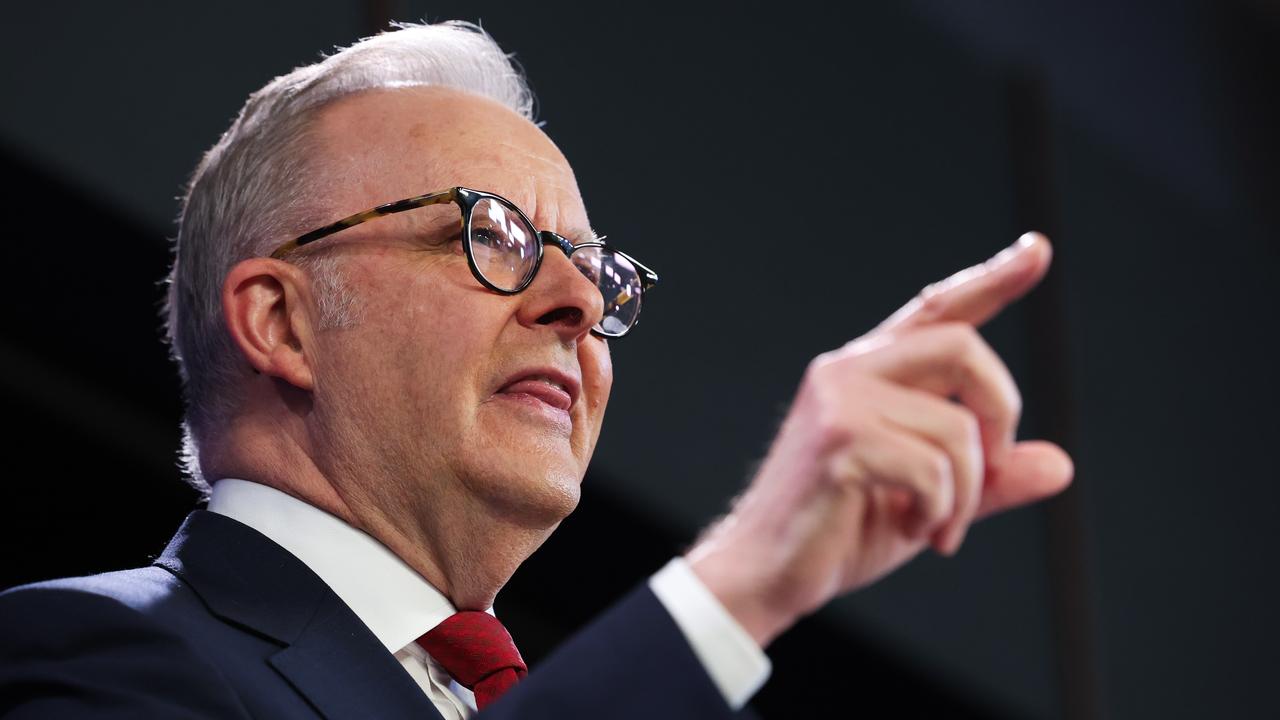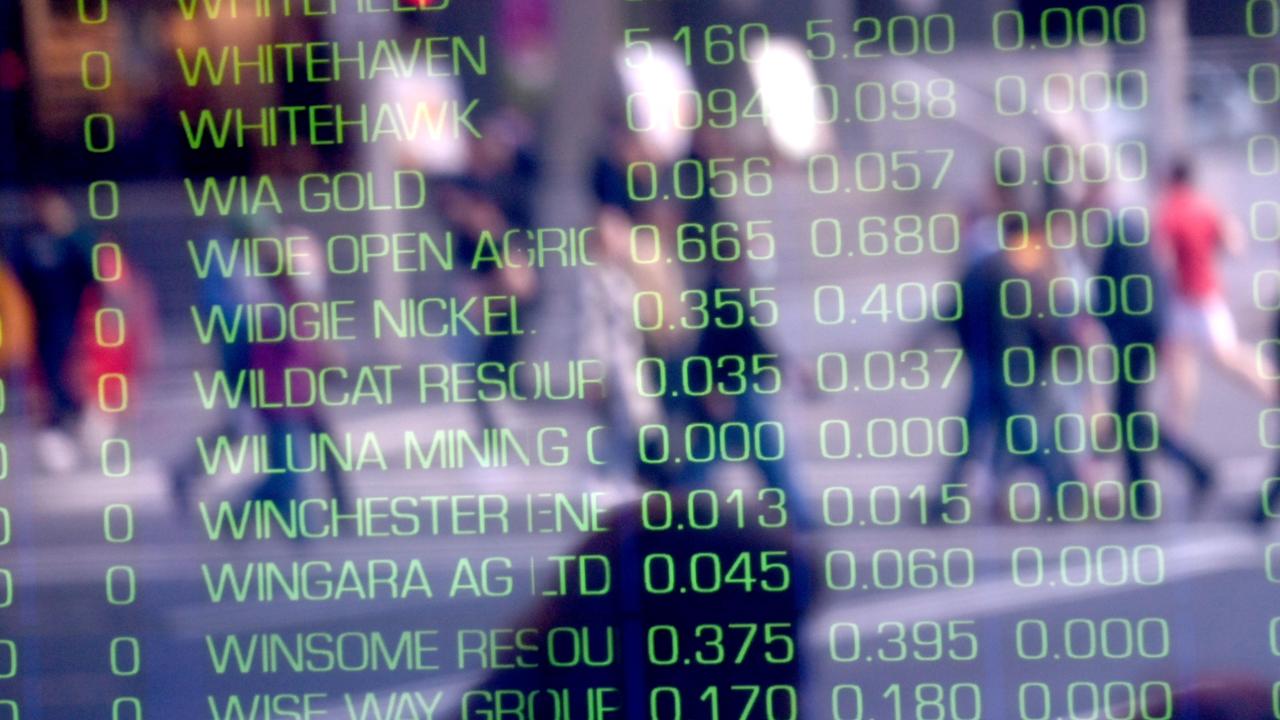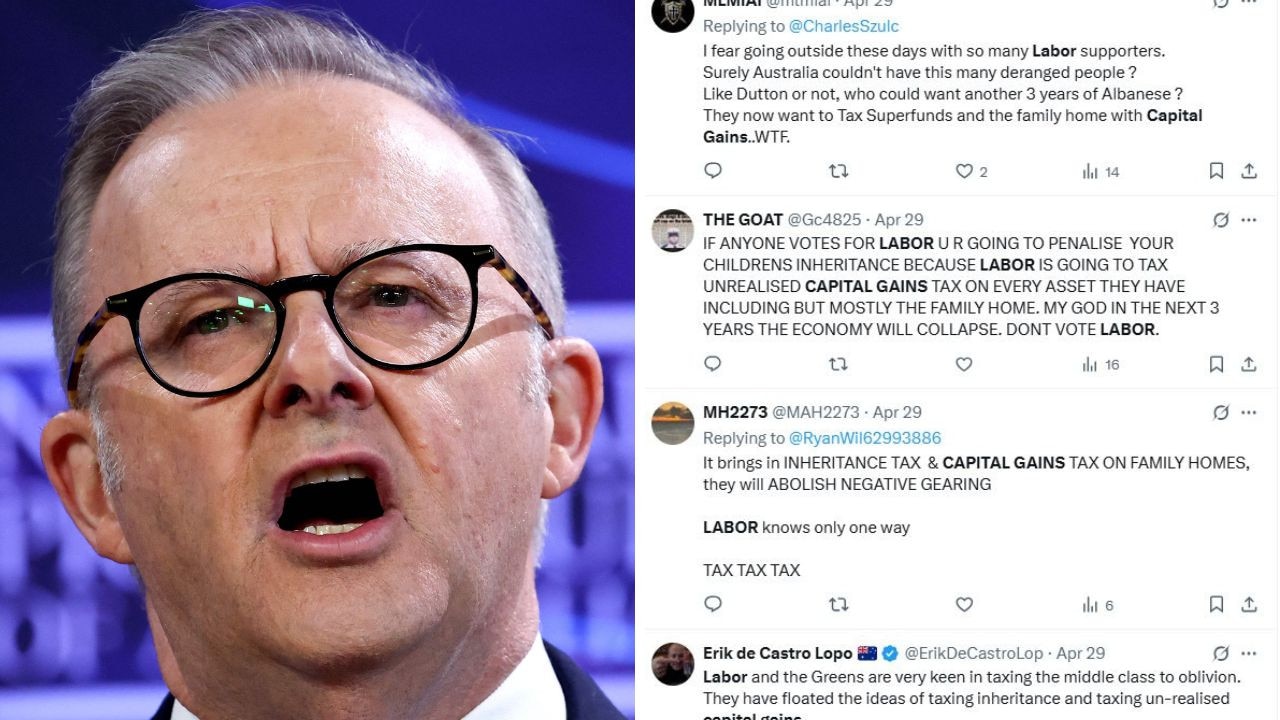Westpac survey reveals coronavirus caused consumer confidence to fall
The business community has been severely crippled by the coronavirus – but a new survey shows fresh “large shocks”.

The financial carnage of the coronavirus-induced crisis is weighing heavily on the economy and business sentiment as revealed in the plunging Westpac consumer confidence index.
The survey, jointly produced by the major bank and the Melbourne Institute, shows a collapse of nearly 18 per cent in April, the largest monthly decline in its 47-year history.
Westpac chief economist Bill Evans said the data results were “very disturbing and reflects the large shocks to jobs and spending”.
He said the national shutdown imposed by governments to contain the spread of the deadly virus has essentially left many forms of economic activity illegal.
The falls eclipse those inflicted during the Global Financial Crisis and rival fiscal conditions not seen since the deep recessions of the early 1990s and early 1980s.
RELATED: $133m lifeline for childcare centres
RELATED: When $1500 payments will kick-off
RELATED: Report extends forecast for deep recession
“The survey comes after an extremely turbulent month in which the coronavirus outbreak has evolved from serious concern to full-blown pandemic,” Mr Evans said.
“Confirmed cases globally have soared from around 100,000 at the time of the last survey to nearly two million currently. In Australia, the number of cases has surged from just 76 a month ago to around 6500.”
The leading economist said deteriorating confidence in the housing market was the “most surprising” element of the survey.
The ‘time to buy a dwelling’ index fell sharply by 26.6 per cent in the month.
“While this measure has a much shorter survey history, the fall is nearly four times bigger than the largest monthly decline since we started running the question regularly in 2009,” Mr Evans said.
The “disturbing” survey came just hours after the International Monetary Fund revealed its grim prediction the global economy will suffer its worst year since the Great Depression of the 1930s.

Australia’s economy is tipped to suffer the heaviest fiscal blow of the Asia Pacific region, forecast to lose 6.7 per cent in 2020 before beginning a pronounced recovery while global growth is expected to drop 3 per cent.
“This is a truly global crisis as no country is spared,” IMF chief economist Gita Gopinath said in a blog post overnight.
“In the April World Economic Outlook we project global growth in 2020 to fall to -3 per cent.
“This makes the Great Lockdown the worst recession since the Great Depression, and far worse than the Global Financial Crisis.”
The fund said Australia’s fiscal response to the crisis had been “swift and sizeable” but warned more support could be needed in the months to come.
If the pandemic fades in the second half of 2020 and government responses are effective, global growth is expected to rebound to 5.8 per cent in 2021, Ms Gopinath said.
“A partial recovery is projected for 2021, with above-trend growth rates, but the level of GDP will remain below the pre-virus trend, with considerable uncertainty about the strength of the rebound,” the IMF said.
“Much worse growth outcomes are possible and maybe even likely.
“This would follow if the pandemic and containment measures last longer, emerging and developing economies are even more severely hit, tight financial conditions persist, or if widespread scarring effects emerge due to firm closures and extended unemployment.”
‘ONCE IN A CENTURY’
Westpac’s April market outlook released last week said the health and economic crisis from the coronavirus outbreak was a “once in a century” event.
The major bank is now expecting the Australian economy to suffer three consecutive quarters of retractions.
The report heaps praise, however, on the Federal Government’s fiscal response, revising its expectation for unemployment from 17 per cent down to 9 per cent for the middle of the year due to the eye-watering $130 billion JobKeeper package.
But the positive sentiment drawing from the Morrison Government’s willingness to splash cash won’t last, the report warns.
Australian stocks have surged in value this week and closed nearly 3.5 per cent higher at the close of trade on Thursday but the heavy losses inflicted since mid-February will resume.
“Markets are currently buoyed by governments’ stimulus packages,” according to the report from Westpac’s chief economist Bill Evans.
“But as we move through the June quarter and stimulus packages fade into the background, the economic damage and the pessimism around the virus will dominate markets.
“Prospects are now for a deep recession in 2020, with output to contract in the March, -0.7 per cent, June, -8.5 per cent, and September quarter, -0.6 per cent.”
Westpac then expects the bounce to come, rising more than 5 per cent in the December quarter and limiting the year’s loss to 5 per cent on the whole.




